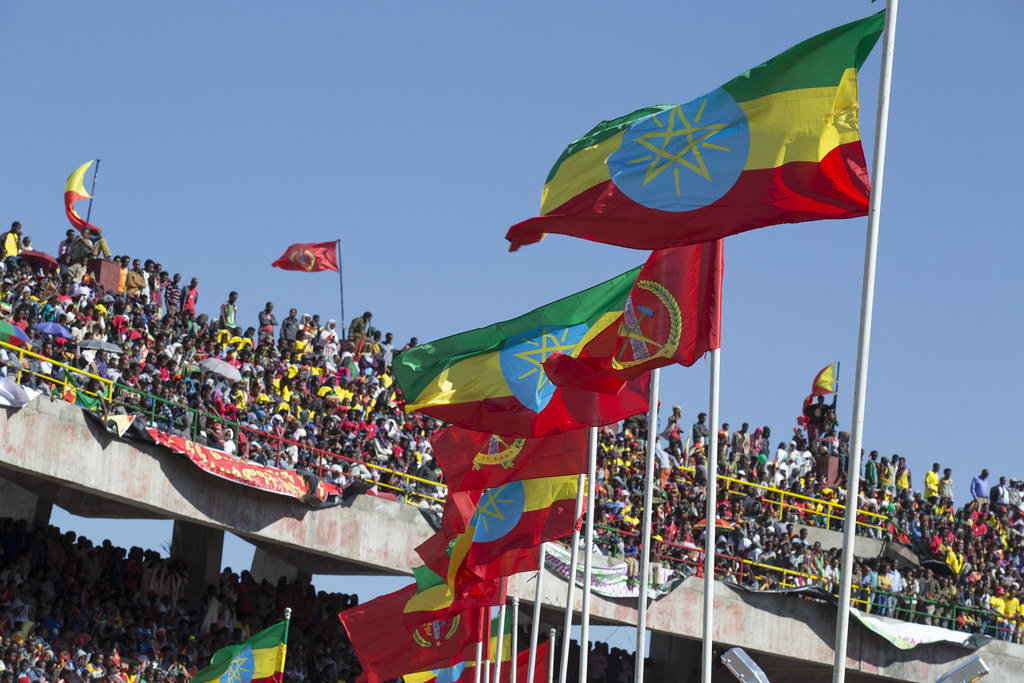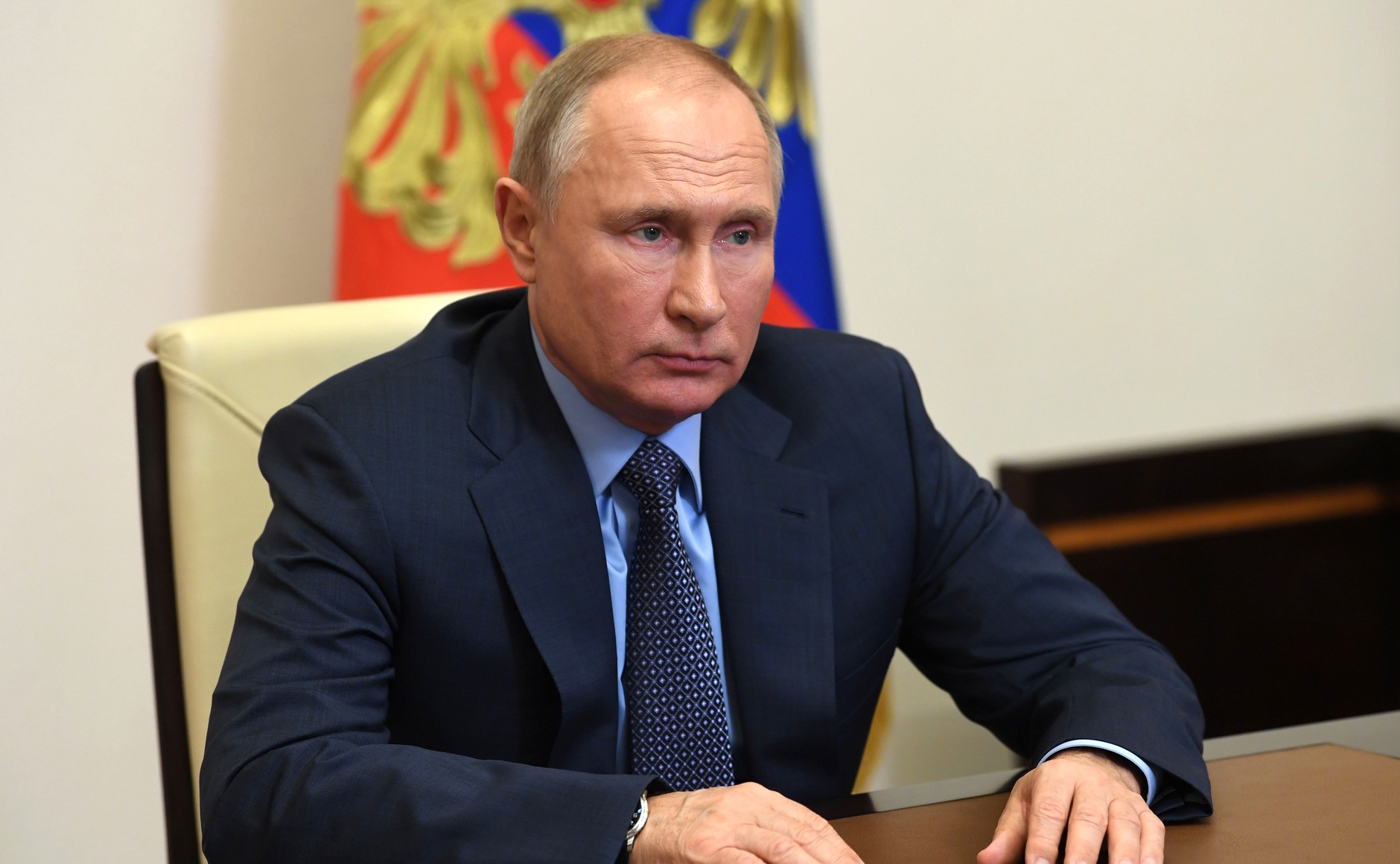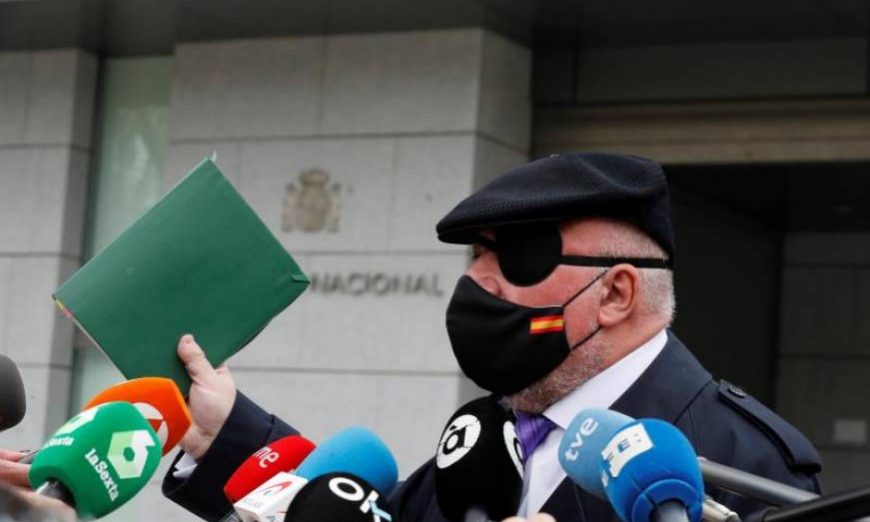US declares Myanmar committed genocide against Rohingya
.jpg)
US Secretary of State Antony Blinken said that Myanmar’s violence and killings of Rohingya amounted to genocide, in a speech made at the Holocaust Memorial Museum earlier today.
“The United States has concluded that genocide has been committed seven times,” said Blinken. “Today marks the eighth.”
“I have determined that members of the Burmese military committed genocide and crimes against humanity.”
“The attack against Rohingya was widespread and systematic, which was crucial for reaching a determination of crimes against humanity,” Blinken said. “The evidence also points to a clear intent behind these mass atrocities, the intent to destroy Rohingya in whole or in part.”
The Secretary of State went on to say the decision was "based on reviewing a factual assessment and legal analysis prepared by the State Department, which included detailed documentation by a range of independent impartial sources ... as well as our own rigorous fact finding."
“More than half witnessed acts of sexual violence. One in five witnessed a mass casualty event – that is the killing or injury of more than 100 people in a single incident,” he said.
And he noted that even though "today's determination of genocide, crimes against humanity is focused on Rohingya, it's also important to recognize that for decades, the Burmese military has committed killings, rape and other atrocities against members of other ethnic and religious minority groups."
"For those who did not realise it before the coup, the brutal violence unleashed by the military since February 2021 has made clear that no one in Burma will be safe from atrocities so long as it is in power," he added.
According to Reuters, since the Cold War, the US State Department has only formally used the term genocide describe violence in Bosnia, Rwanda, Iraq and Darfur, the Islamic State's attacks on Yazidis and other minorities, and over China's treatment of Uyghurs and other Muslims.
Though the new declaration from the US carries no formal sanctions, one senior State Department official told Reuters "it's going to make it harder for them to commit further abuses".
"It's really signaling to the world and especially to victims and survivors within the Rohingya community and more broadly that the United States recognizes the gravity of what's happening," a second senior State Department official said.
“By formally declaring a genocide took place against the Rohingya the US is firmly acknowledging the scope and horror of the junta’s violence,” said Kyaw Win, the executive director of the Burma Human Rights Network. “This declaration must be followed by further action. A military that commits genocide and launches a coup to overthrow a democratically elected government has no place in the civilised world.”
"Organisations such as the 969 movement and indeed, elements of the state of Myanmar, have propagated the ideology and intent of genocide of the Rohingya for over a decade," said Jan Jananayagam, director of Together Against Genocide (TAG). "This recognition by the US government that genocide has taken place in Myanmar is very welcome, albeit belated. Perpetrators of this genocide must be referred to the ICC and held accountable for their actions."
Alongside the recognition of genocide, Blinken also announced the US would provide $1m (£758,000) in new funding for the Independent Investigative Mechanism for Myanmar.
"The day will come when those responsible for these appalling acts will have to answer for them," Blinken added.
Read more from Reuters here, the Guardian here and the BBC here.



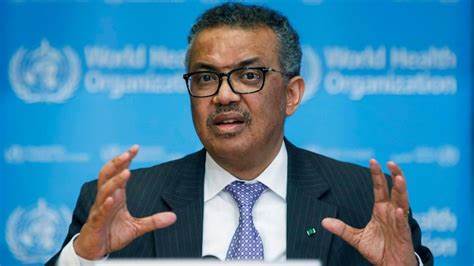

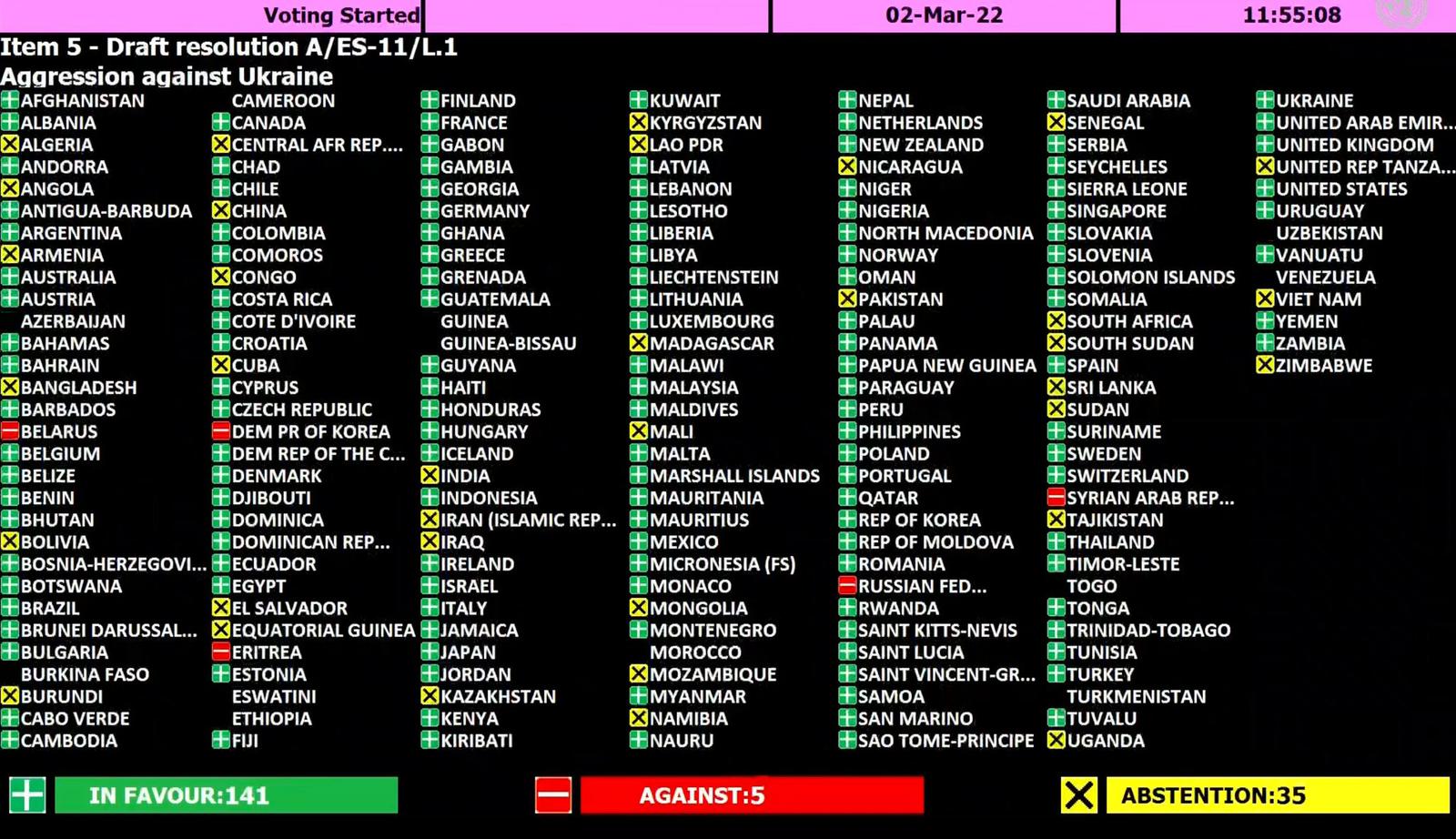

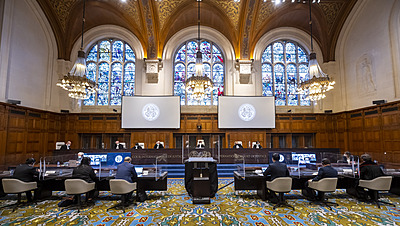

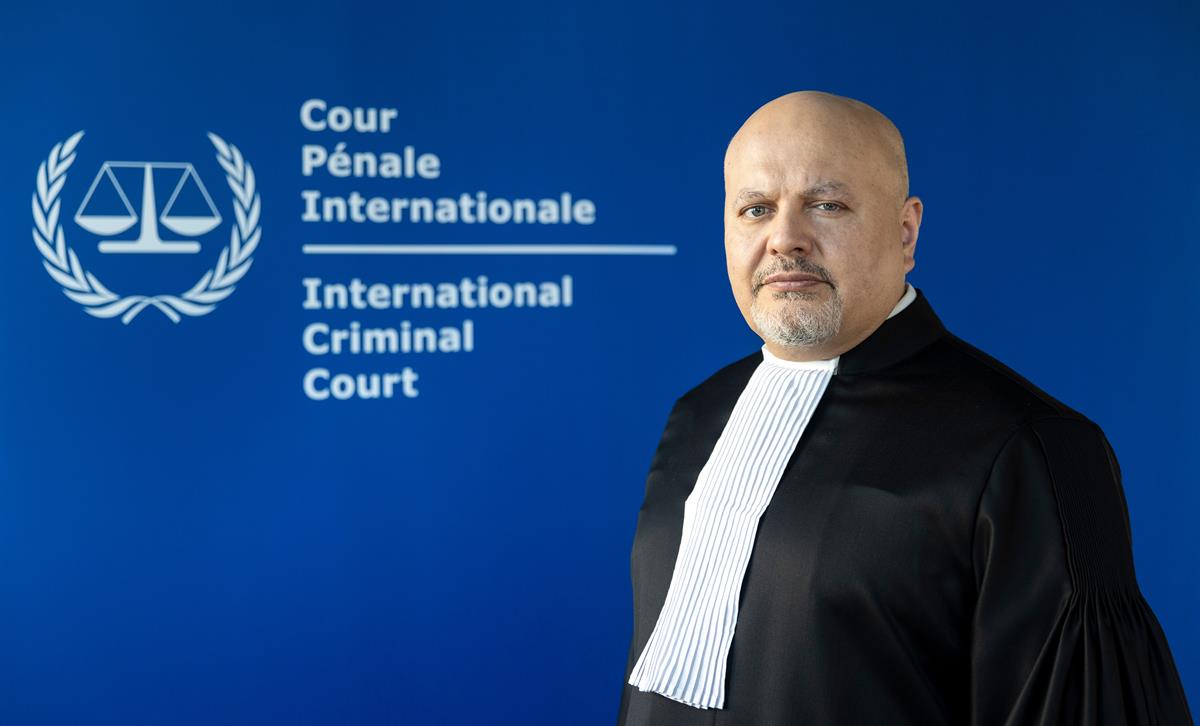

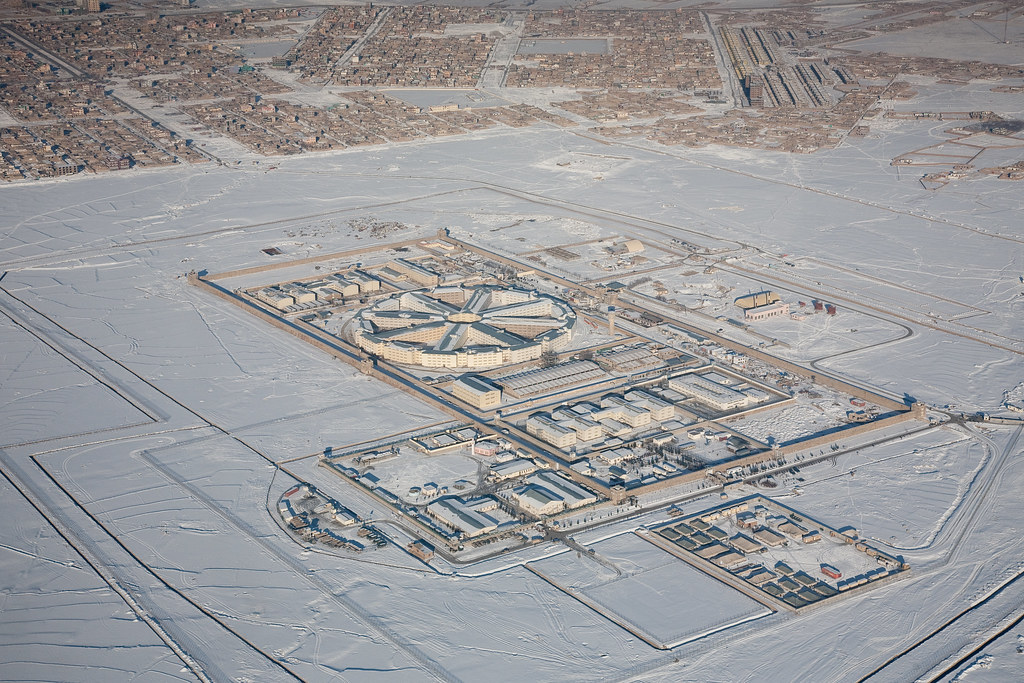 Pul-e-Charki Prison, Kabul,
Pul-e-Charki Prison, Kabul, 
